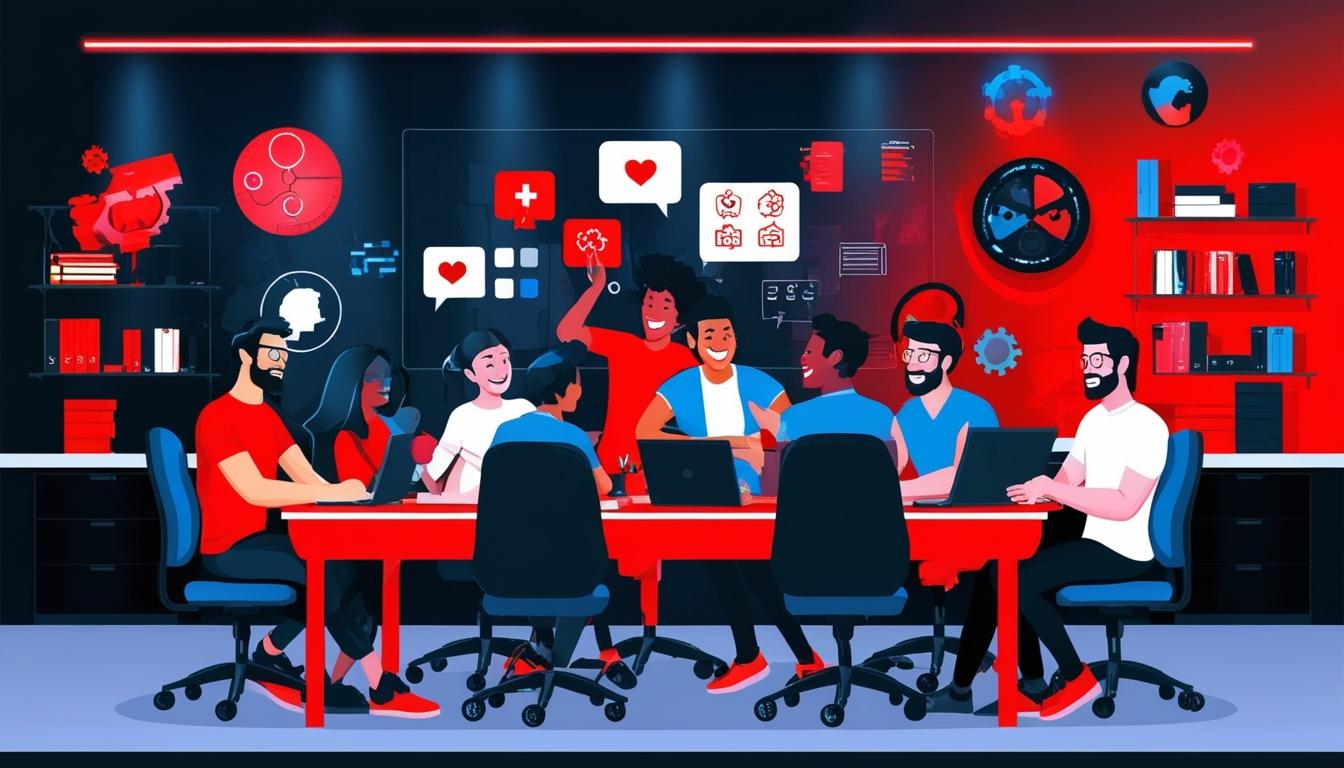As the gaming industry approaches 2025, significant shifts in workforce trends are expected to reshape the sector, putting emphasis on collaboration, inclusion, skills development, and work-life balance. Insights from Kimber Dall, Senior Vice President of People at SciPlay, outline the directions the industry could take in the near future.
A primary focus for many gaming companies will be the evolution of in-office work. "I believe we’ll continue to see more companies requiring in-office work to maximize collaboration and better foster the highly creative and iterative games industry," Dall remarked. This trend highlights an anticipated shift back to traditional office environments, acknowledging that face-to-face interactions can enhance creativity and productivity in game development.
Diversity and inclusion are positioned to be integral aspects of recruitment strategies. Dall noted, "Diversity will likely continue to be a critical part of recruitment strategies. For example, one of our 2025 KPOs for diversity is to increase the number of women and underrepresented minorities in management roles." The commitment to growing diversity within the workforce is expected to manifest through the elimination of biases in hiring, the establishment of mentorship programmes, and the development of a culture where employees from diverse backgrounds feel valued and represented in leadership positions.
The industry is also eyeing a transformative shift towards skills-based hiring. "With gaming technologies rapidly evolving, developers will need to consistently upskill to stay competitive," Dall explained. To achieve this, companies will need to cultivate an environment offering personalized learning paths, ongoing educational opportunities, and robust mentorship initiatives to attract and retain top talent.
Another critical factor gaining attention is the need for improved work-life balance, particularly in light of the industry's historical struggles during periods of intense workloads, often referred to as “crunch time.” Dall highlighted the necessity for studios to "prioritise employee well-being by flexibility, mental health resources, and creating environments that encourage healthy work-life flow." The focus on wellness initiatives reflects an industry-wide recognition of the importance of mental health in sustaining a productive workforce.
Lastly, the increased international collaboration within the gaming sector underscores the rising importance of soft skills. "Given the increasingly global and collaborative nature of the gaming industry, soft skills such as communication, collaboration, empathy, and adaptability will be critical," Dall stated. As teams become more multicultural and spread across various time zones, the ability to engage effectively with colleagues from diverse backgrounds will be paramount.
As these trends solidify, they are likely to redefine how gaming companies operate and interact with their employees, aiming for a more inclusive, balanced, and skilled workforce by 2025.
Source: Noah Wire Services
